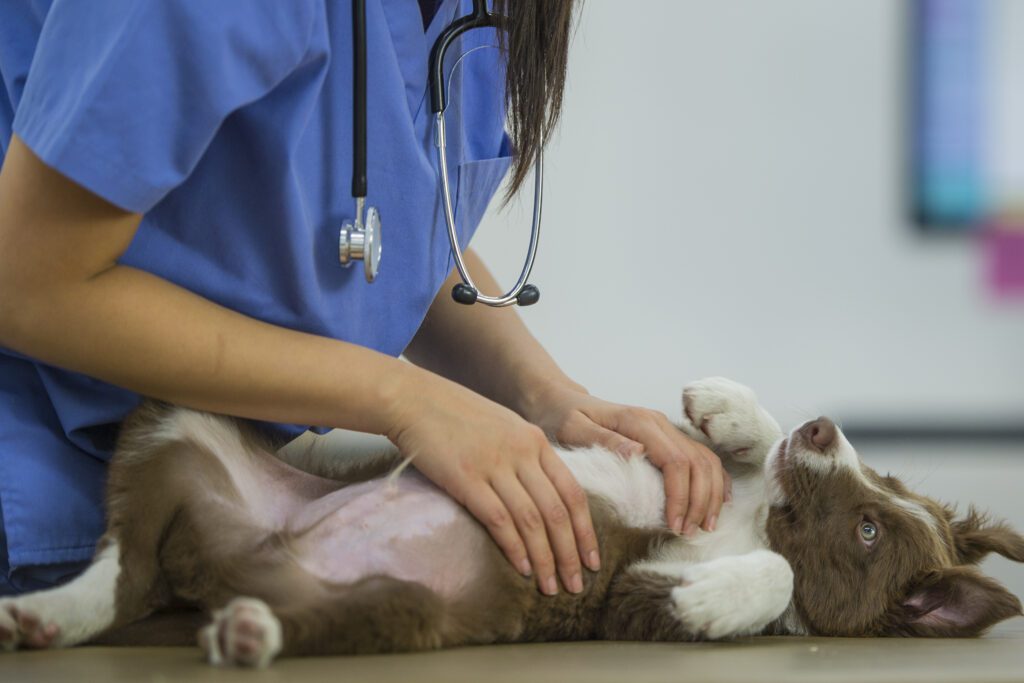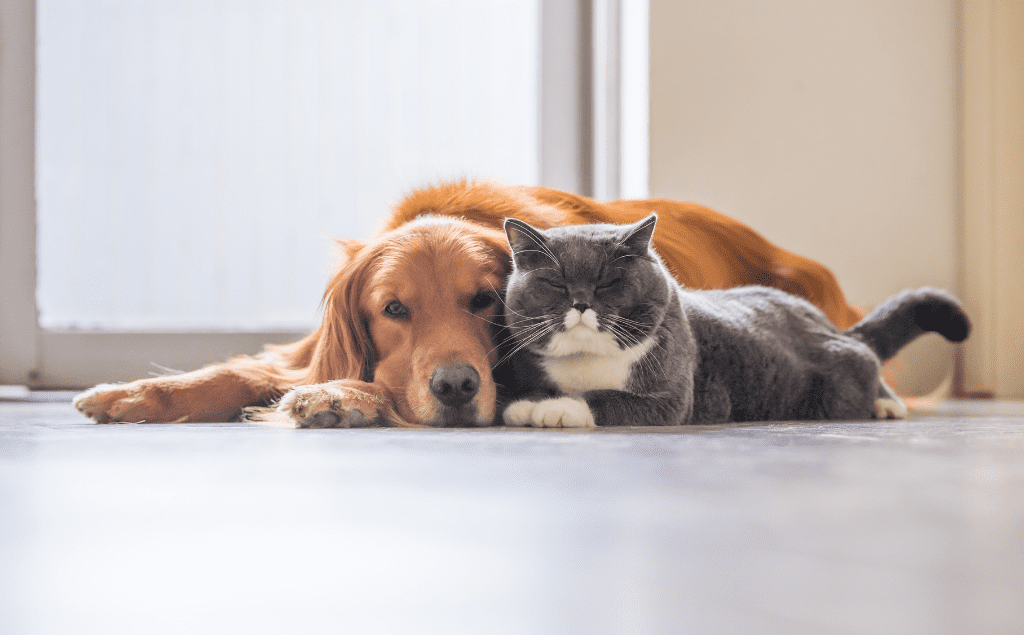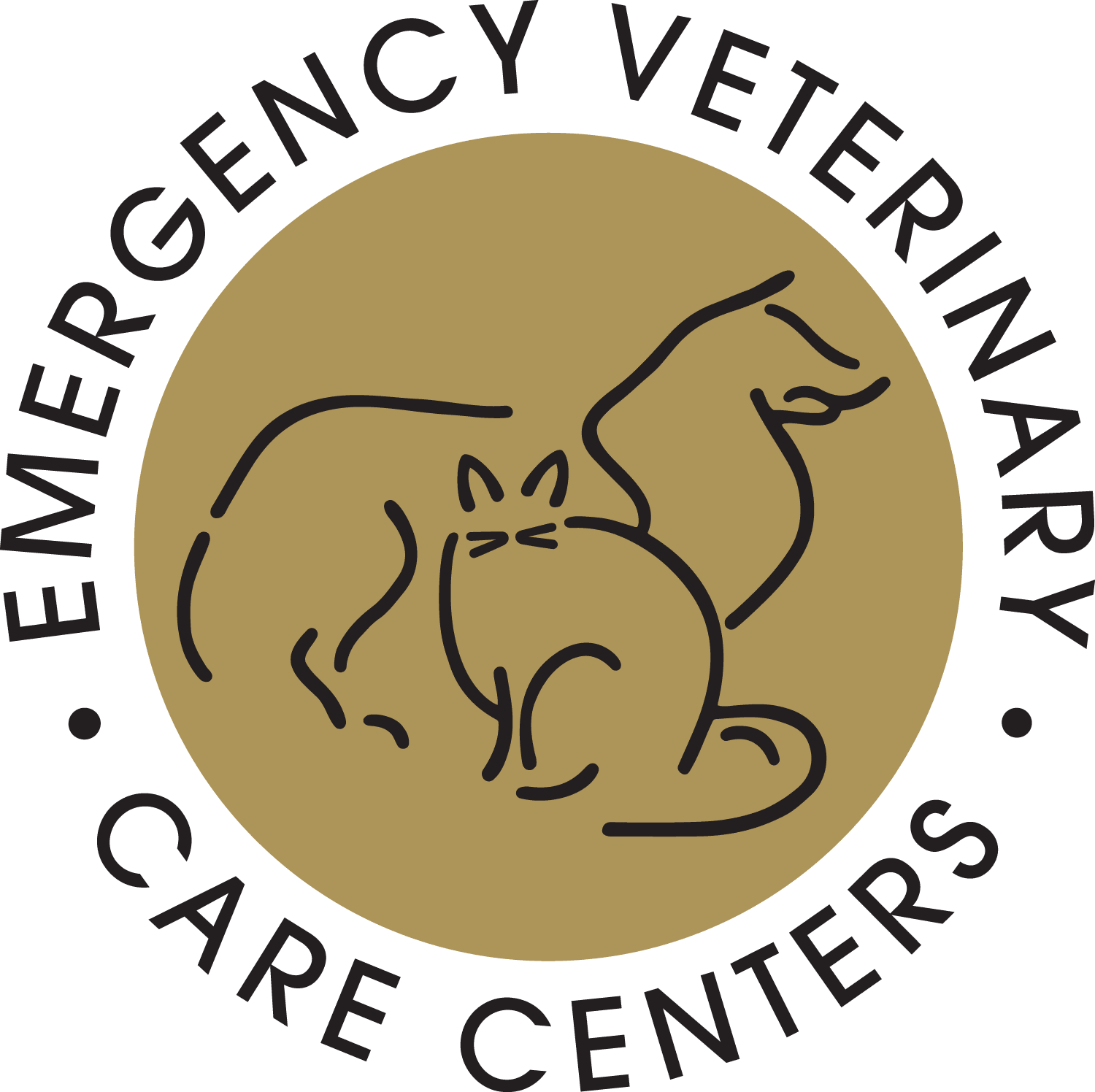Common Pet Emergencies and How to Respond in Holland, MI
 We understand that your furry companions are not just pets, but cherished members of your family. While we hope your pets never experience an emergency, it's essential to be prepared for the unexpected.
We understand that your furry companions are not just pets, but cherished members of your family. While we hope your pets never experience an emergency, it's essential to be prepared for the unexpected.

In this blog, we'll discuss common pet emergencies that might arise and provide guidance on what to do in these situations. Remember, while we're here to offer information, it's crucial to contact your local Emergency Veterinary Care Center in Holland, MI for professional assistance.
Accidental Ingestion of Harmful Substances
Accidental ingestion of toxic substances is a situation that requires immediate attention. If your pet consumes something harmful, such as chocolate, medications, plants, or household chemicals, contact your veterinarian right away. While awaiting professional guidance, try to determine what your pet ingested and how much, as this information can aid in their treatment.
Trauma and Injury
Pets can be adventurous and curious, which can sometimes lead to accidents and injuries. If your pet sustains a wound, fracture, or any other trauma, keep them calm and try to minimize movement. Gently apply pressure to any bleeding wounds with a clean cloth and transport your pet to the Emergency Veterinary Care Center immediately.
Difficulty Breathing
Labored breathing or sudden difficulty in breathing can be a sign of a serious problem. Check your pet's airway for any obstructions and look for bluish gums or tongue, indicating a lack of oxygen. Don't delay—get in touch with a veterinarian promptly.
Heatstroke and Overheating
Holland's warm weather can sometimes lead to heatstroke in pets. If your pet is panting excessively, drooling, vomiting, or appears disoriented, move them to a cooler area and apply a damp cloth to their body. It's crucial to cool your pet down gradually and seek professional assistance.
Seizures
Witnessing your pet having a seizure can be frightening, but try to stay calm. Clear the area around your pet to prevent injury, and time the duration of the seizure. Contact your veterinarian to discuss the episode and receive guidance on further steps.
Gastric Dilatation-Volvulus (GDV)
Also known as "bloat," GDV is a life-threatening condition most commonly seen in larger dog breeds. If your dog's abdomen appears distended, they're retching without producing vomit, or they seem restless and in pain, don't wait—seek immediate veterinary care.
Pet First Aid Kit Essentials
Having a well-stocked pet first aid kit can make a significant difference in an emergency. Your kit should include items like sterile gauze, adhesive tape, hydrogen peroxide (for inducing vomiting, but only under veterinary guidance), scissors, a digital thermometer, and contact information for your local Emergency Veterinary Care Center.
Preventing Pet Emergencies
While accidents can happen, many emergencies can be prevented. Keep dangerous substances out of reach, supervise outdoor activities, and ensure your pet's vaccinations are up to date. Regular check-ups at your local veterinarian can catch potential issues before they escalate.
We hope this comprehensive guide has provided valuable insights into common pet emergencies you might encounter here in Holland, MI. Remember, when facing an emergency, time is of the essence. Reach out to Emergency Veterinary Care Centers without delay. For more information call one of our locations today.
Recent Posts
About Us
At Emergency Veterinary Care Centers (EVCC), we know that pet emergencies are unpredictable and often stressful. That's why our team, with over 20 years of emergency and critical care experience, is ready to assist you and your pet in the toughest situations.


